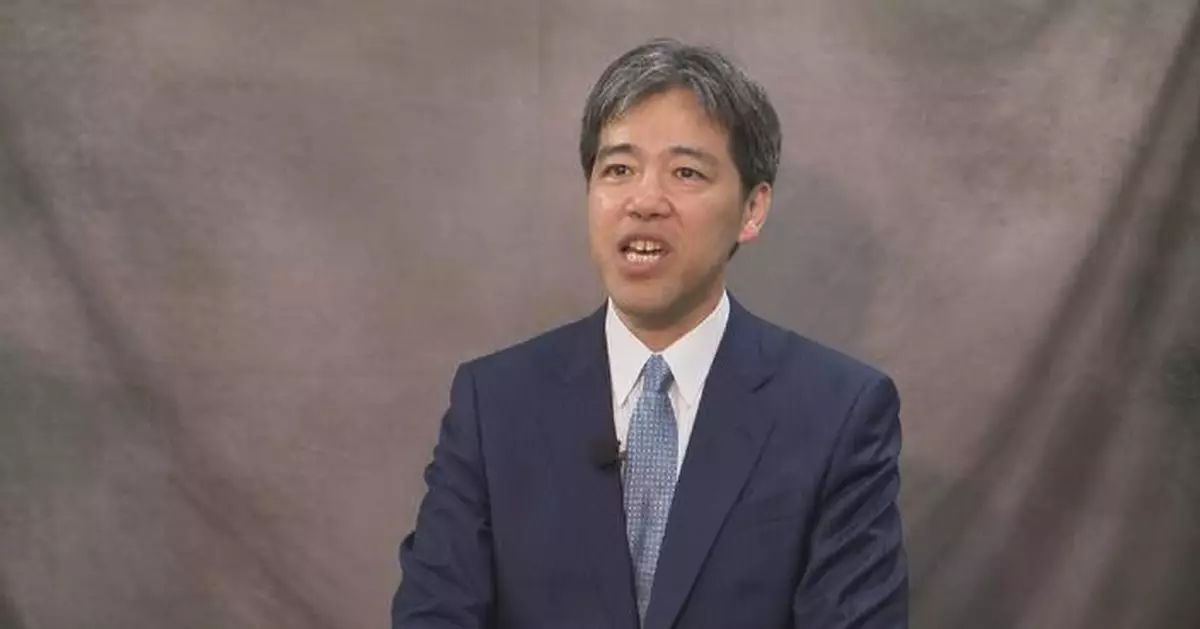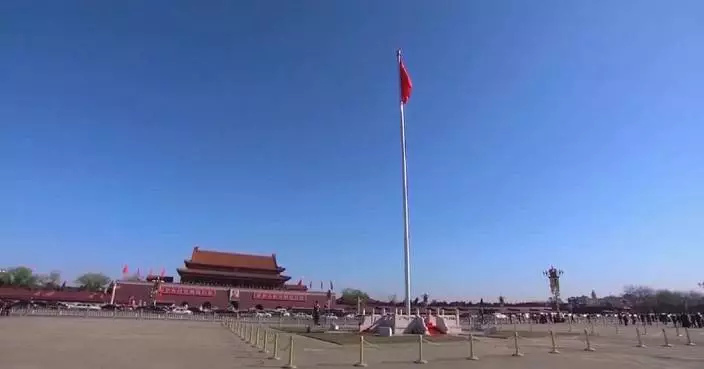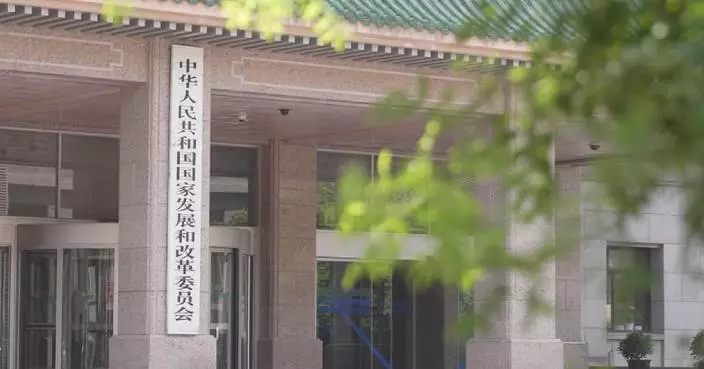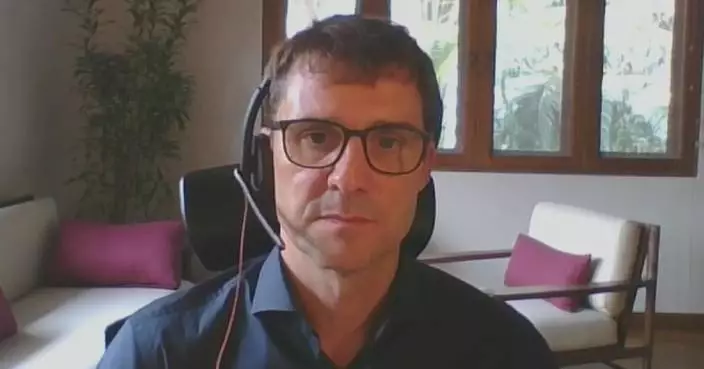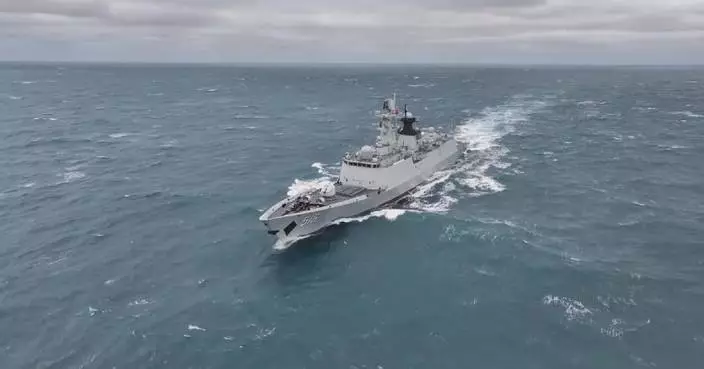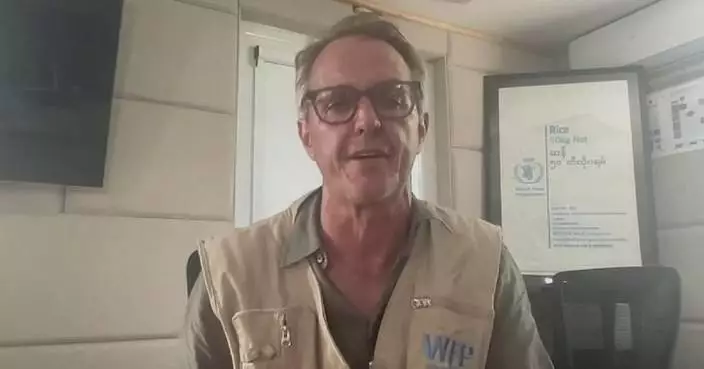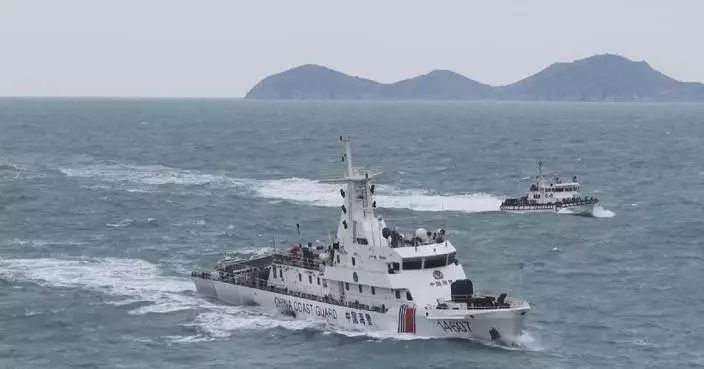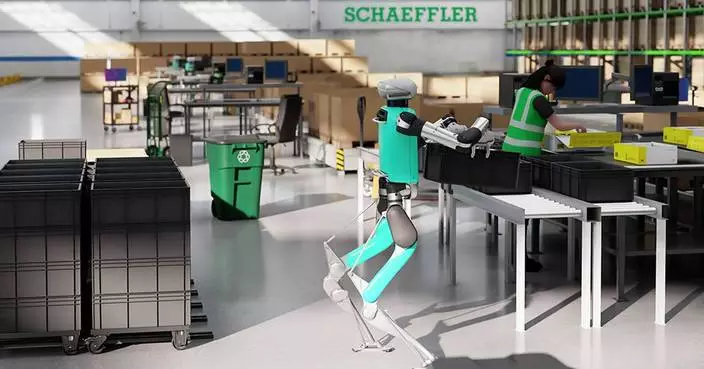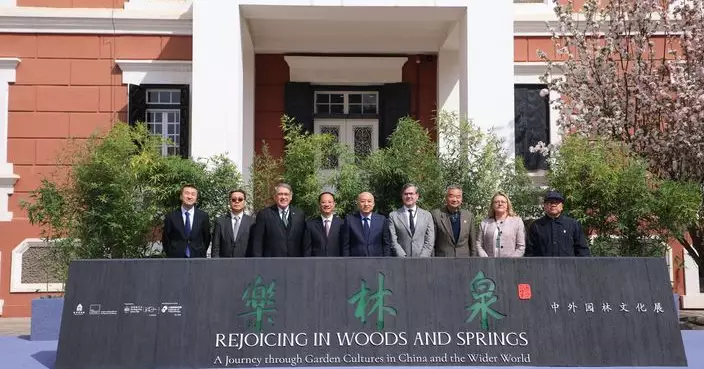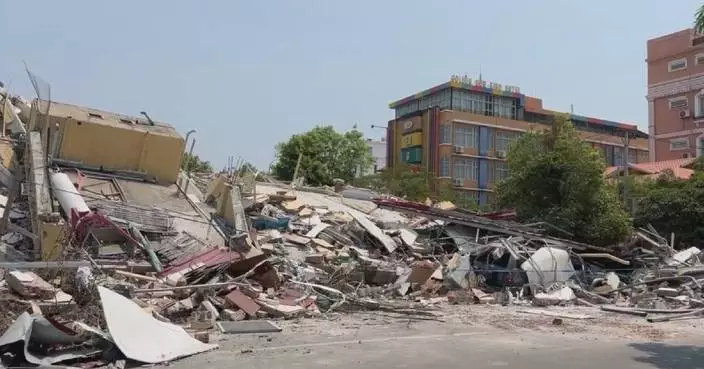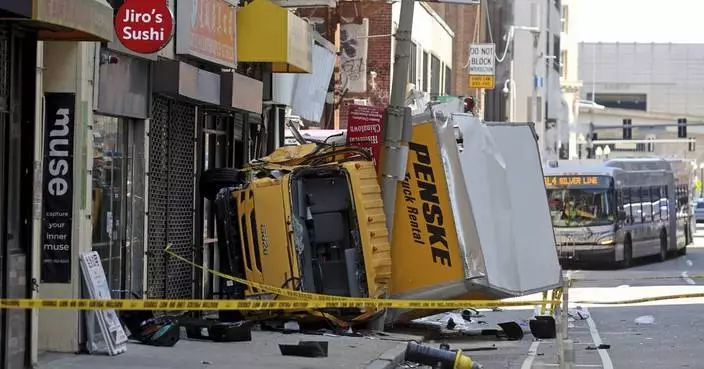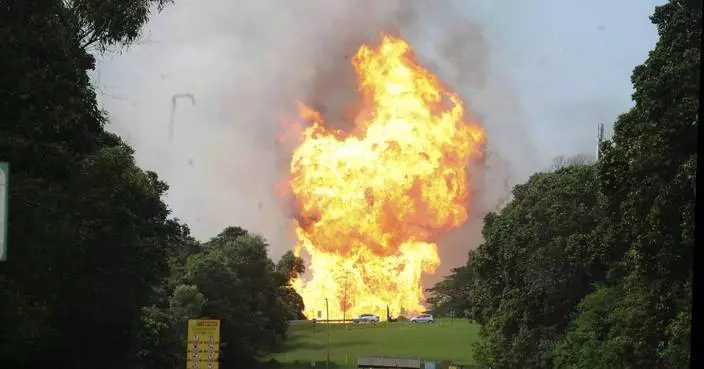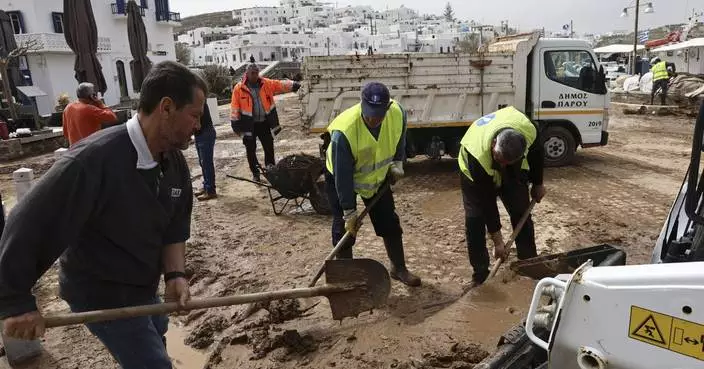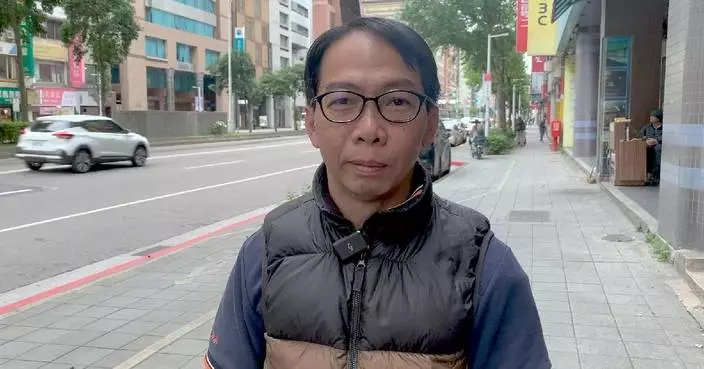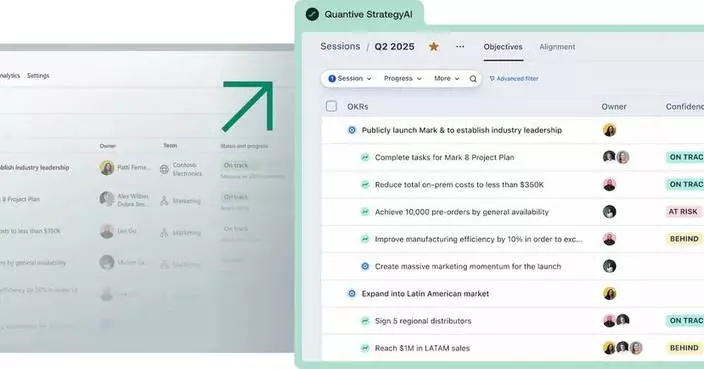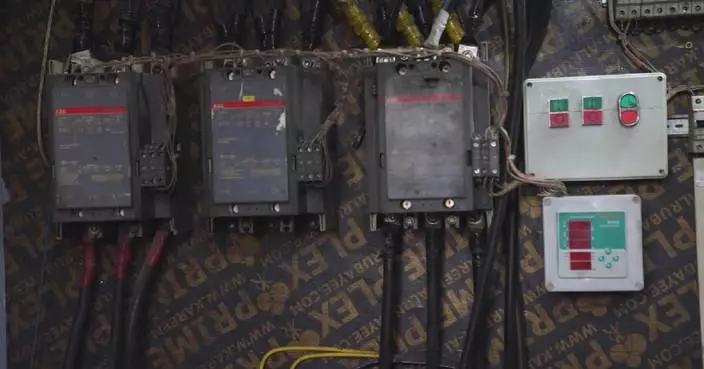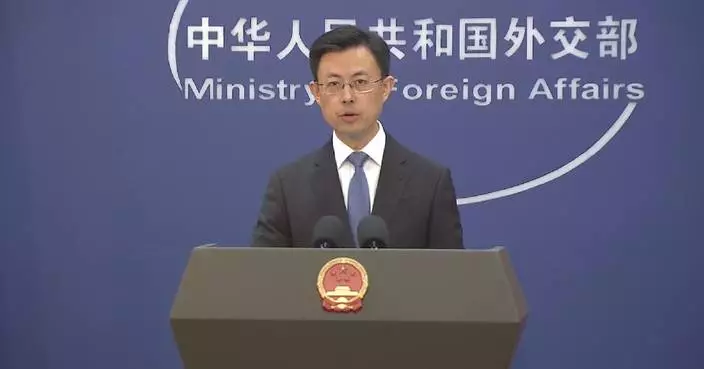The U.S. government's announcement to impose a 25-percent tariff on automobile imports has caused widespread concern in Japan, one of the world's largest auto producers, with one Japanese economist warning of the risks America's move poses to global trade.
U.S. President Donald Trump on Wednesday unveiled the new tariff measure which comes into effect on April 2, widening the global trade war he kicked off upon returning to the White House in January.
Hideo Kumano, chief economist of the Economic Research Department at Dai-ichi Life Research Institute in Tokyo, said the Trump administration's tariffs will backfire.
"From an economic standpoint, the Trump administration's tariffs will yield nothing positive. Although many people, particularly those in the economic sector, oppose additional tariffs, the Trump administration only listens to a minority of people who support him. This will cause bias in its policymaking. Such tariffs, once implemented, will further drive up prices in the U.S.," Kumano said in an interview with China Central Television (CCTV).
Kumano emphasized that retaliatory tariffs between nations would hurt global trade and fuel economic uncertainty.
"When a trade partner raises tariffs, a country feels the need to retaliate by raising its own levies. These tit-for-tat tariff moves will reduce total global trade. History proves that protectionism leads to economic decline. The U.S. government's regressive actions will cause a lot of trouble," said the economist.
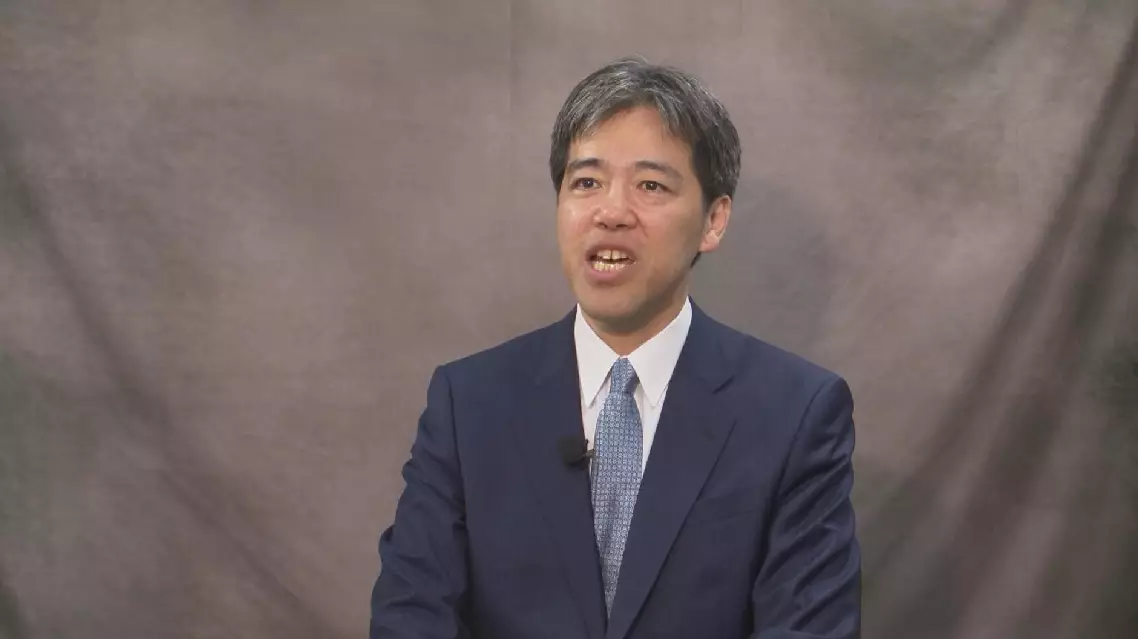
Japanese economist warns of risks to global trade as US auto tariffs loom
Los Angeles is grappling with rising costs and delays in its wildfire recovery process, as tariffs on construction materials imposed during the Trump administration compound the challenges.
The devastating wildfires recently destroyed over 17,000 homes and businesses, leaving communities urgently pushing forward with reconstruction.
The Trump administration has recently rolled out new tariffs on a wide range of construction materials, including steel and aluminum, from the main trading partners of the United States, such as Canada, Mexico, and China. This has significantly driven up costs, further complicating the recovery efforts
"As the city and county of Los Angeles move aggressively to rebuild the wildfire areas in Malibu, Pacific Palisades, and up in Altadena, to build those houses, we need softwood lumber, aluminum, and steel from Canada," said Gene Soroka, executive director of Port of Los Angeles.
While the tariffs aim to boost domestic production, the transition will take time. In the interim, the shortage of materials is creating ripple effects across the construction sector.
"We are still handling a lot of imported steel, despite the tariffs because there's not enough American manufacturing of steel right now. So, one of the unintended consequences that this has done the wrong way is you don't have enough steel. That impacts construction, that impacts economic growth across the board," said Weston Labar, chief strategy office of Waterfront Logistics.
According to the Associated General Contractors of America, housing costs could skyrocket by almost 50 percent, widening the gap between insurance payouts and actual rebuilding expenses. It may force many homeowners to delay or even abandon their reconstruction plans, prolonging the housing shortage in Los Angeles.
Tariffs are also driving up prices for other products, impacting recovery efforts.
"We need appliances from Mexico, furniture from China, and all of those prices are going up, whether anticipatory, or real as these imports are coming across our port complex. So, we've got to have some pretty detailed discussions about this because families who want to rebuild, businesses who want to get back into the office are going to be impacted by these tariffs one way or another," said Soroka.
As Los Angeles strives to recover, the economic uncertainty caused by tariffs presents a formidable obstacle.
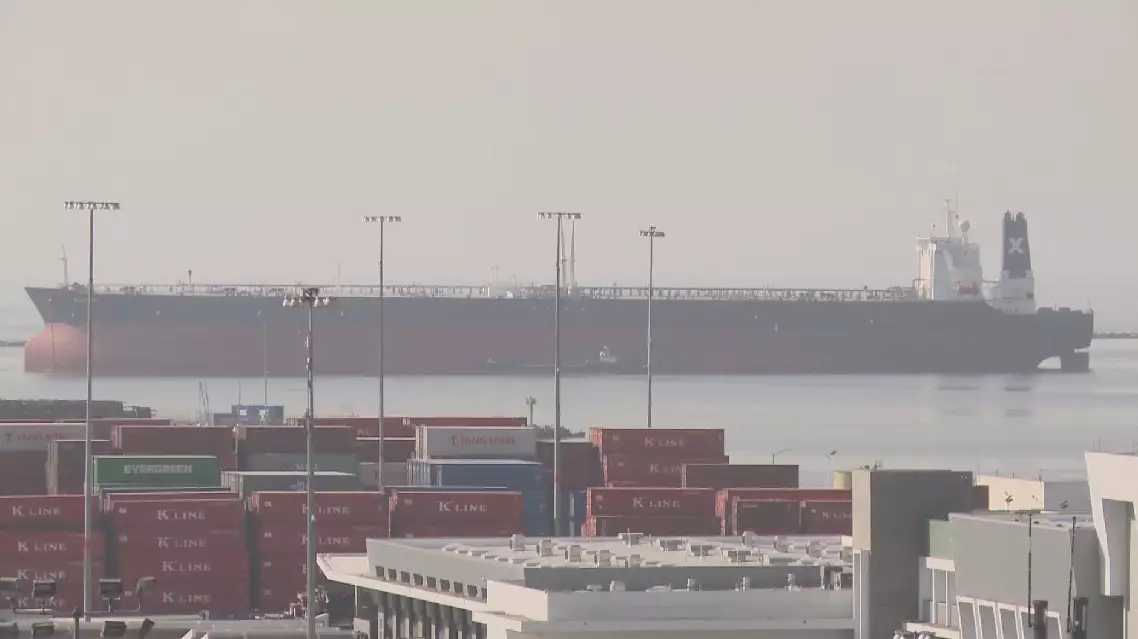
Tariffs add strain to Los Angeles wildfire recovery efforts



